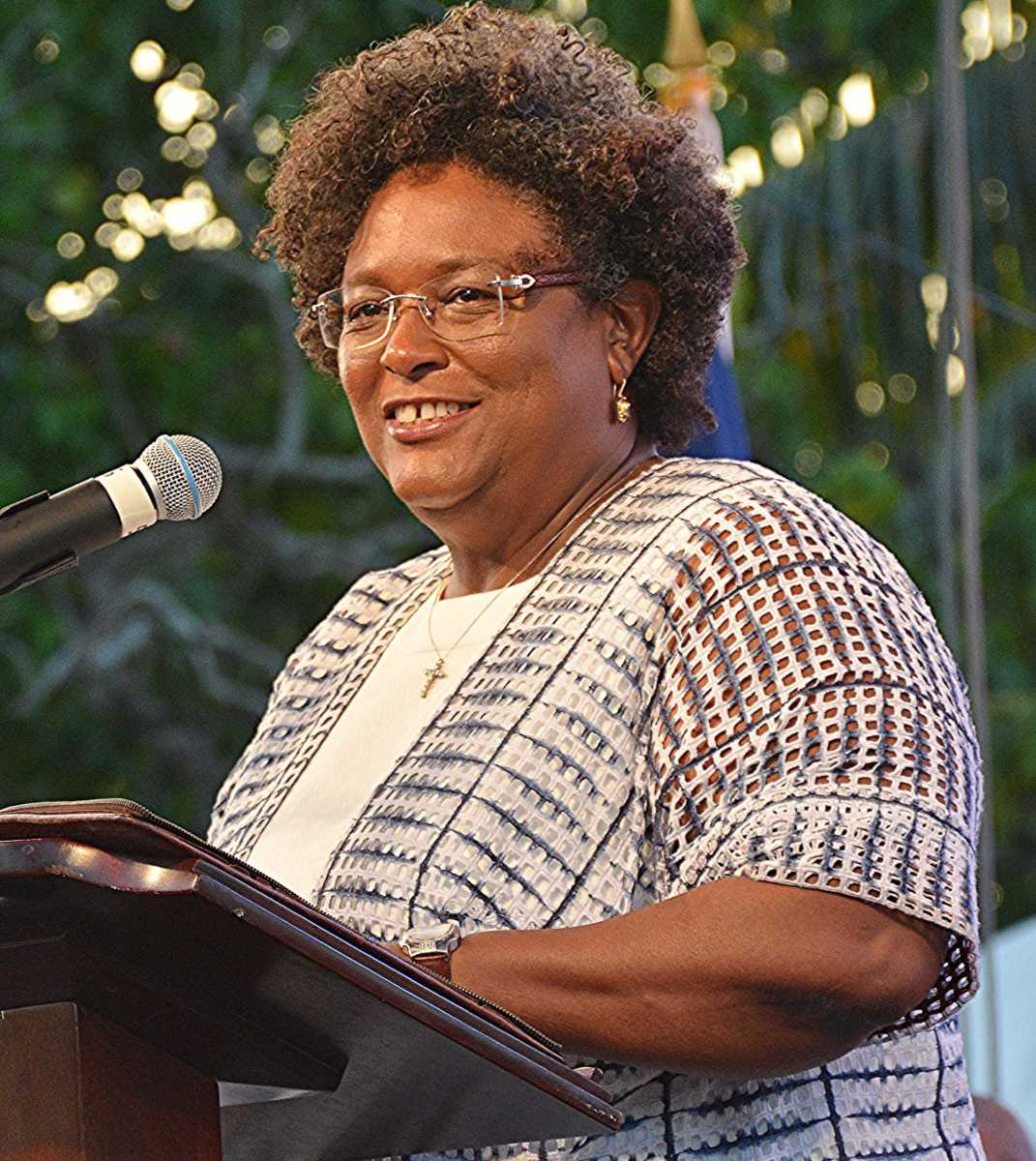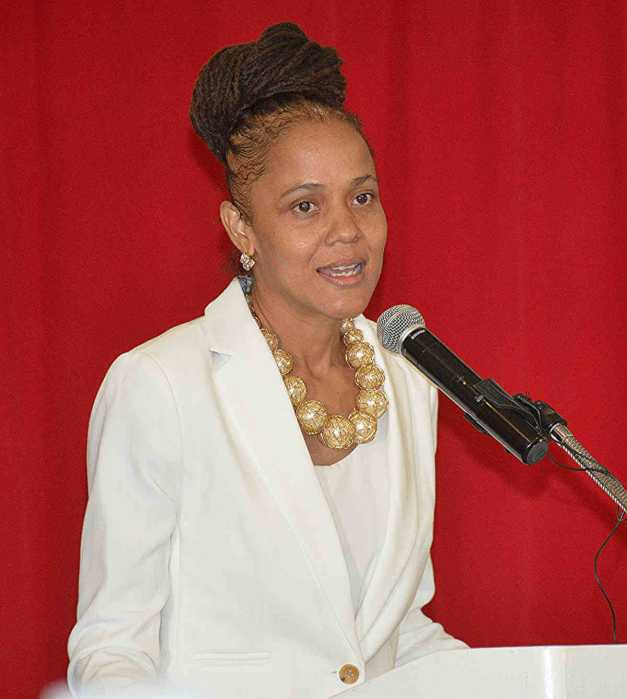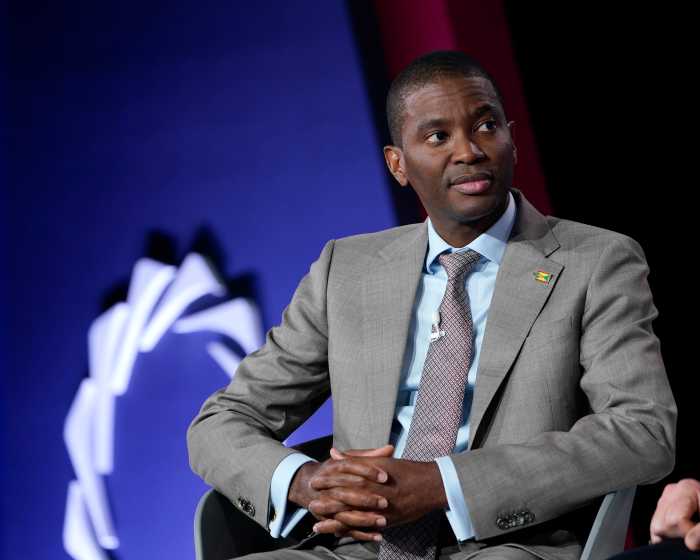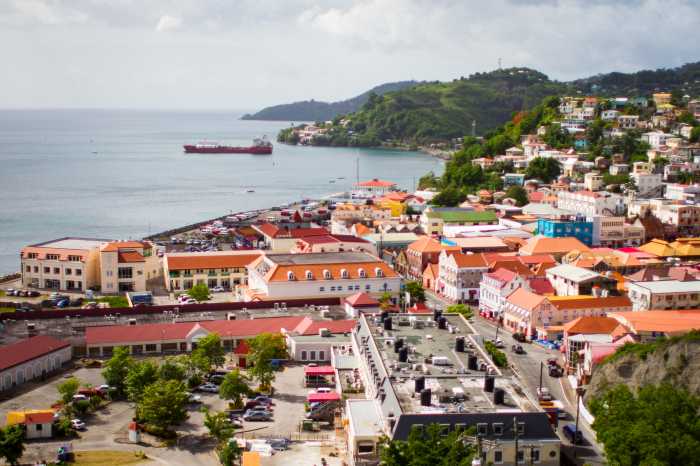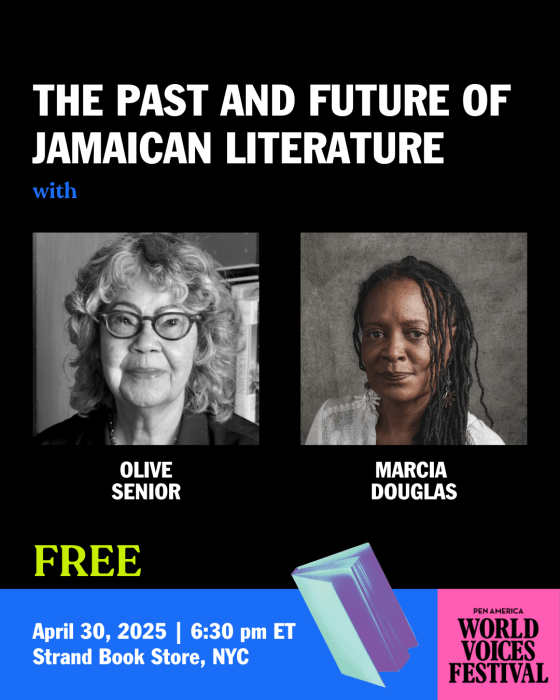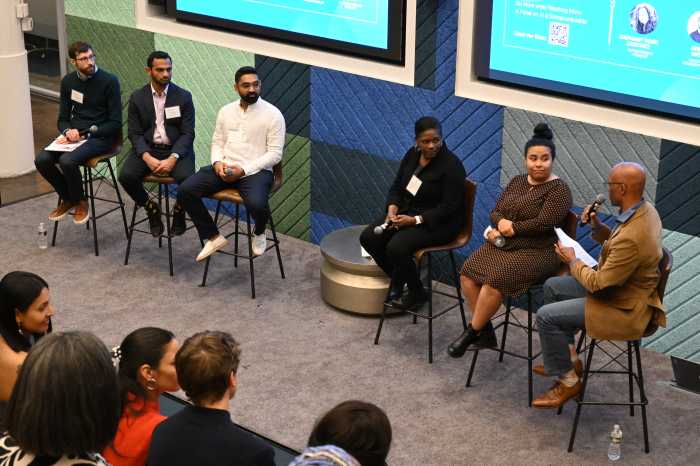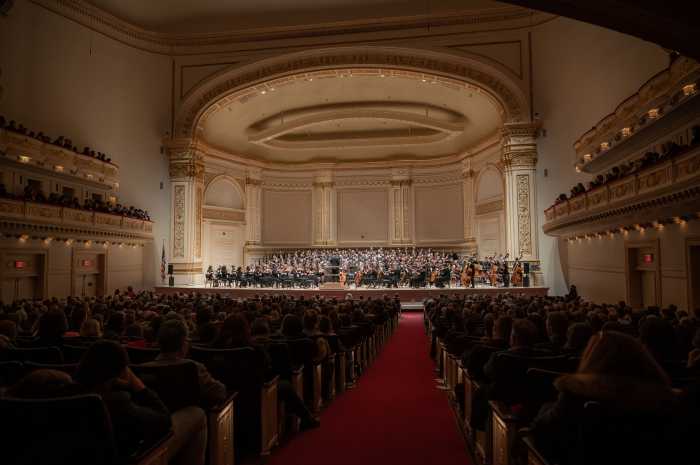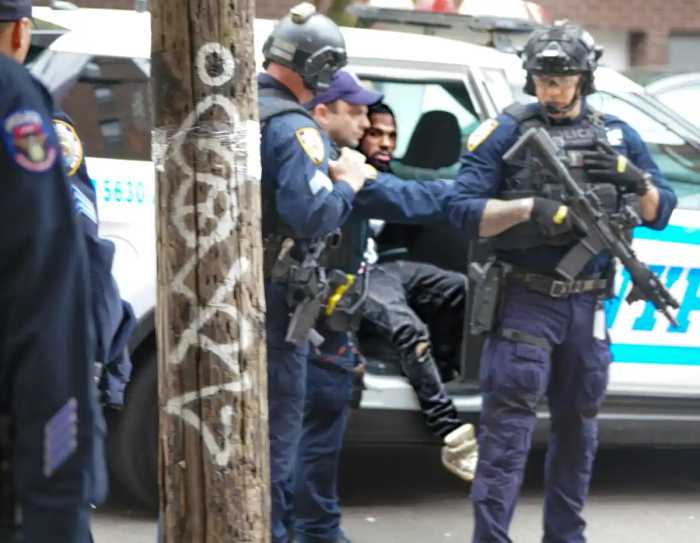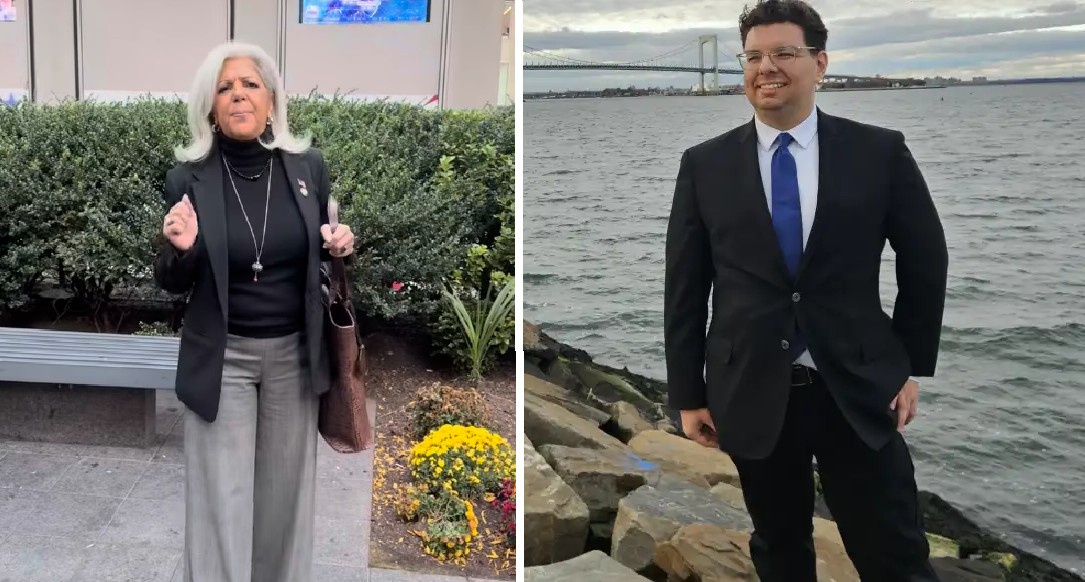The government of Barbados seems to have a penchant for tiffs with British organizations and or individuals connected to the slave trade era.
This time, the cabinet is engaging a British church which wants to spend $9 million on a post slavery project in Barbados, linked to research of the effects of slavery and plans to improve living conditions for tenants on properties the church still owns like the Drax family.Sensing that officials from the Church of England’s United Society Partners in Gospel (USPG) might want to pass off their $9 million plan as a possible reparations project, authorities quickly put out a statement warning that such will not be recognized by the cabinet. Anything to do with reparations must engage the local commission and no other body said, David Commissiong, the deputy head of the body in a strong weekend statement.
Apparently the USPG wants to partner with the Barbados-based Codrington Trust to improve living standards of tenants occupying estates linked to the church. The idea of the USPG is to apparently invest the relatively small sum in a joint venture project that will research the history of slavery in Barbados and to improve living conditions of people who live on church land and housing. It is unclear what exactly is being hatched to improve the living conditions.
To avoid any misapprehensions or misinterpretations that the project is part of a reparations arrangement with authorities, the local reparations commission made it clear at the weekend that this is a social rather than reparations project that must be treated in this manner and in no other regard.
“The USPG is the successor body to the 18th and 19th century society for the Propagation of the Gospel in Foreign Parts (SPG) – the Church of England entity that owned and operated the Codrington slave plantation in Barbados for some 126 years – and is therefore duty bound to engage in a reparations discourse and eventual settlement with the government and people of Barbados. And the entity with which that discourse is to be appropriately conducted is the Barbados National Task Force on Reparations,” the body stated.
“The task force would like to put on record its admiration of the christian spirit of justice that has been evinced by both the USPG and the church commissioners – the two entities of the Church of England that have thus far publicly acknowledged their implication in the crime of African enslavement and their determination to make some form of recompense,” it noted as it urged the church not to even think the current project is linked to the current regional governmental effort to pay European nations pay for slavery.
The latest slavery/reparations issues between Barbados and the British is certain to keep the issue in the limelight even as Prime Minister of neighboring Trinidad, Keith Rowley, had vowed just last month that governments will “speak forcefully” to Britain when Commonwealth leaders meet in Samoa next month.
“We here gathered are on that arc; we genuinely believe that it will bend to a point in a day when justice would be recognized by all and it will be handed to those who deserve it. When we meet in Samoa, the Caribbean leaders took a decision this week to very forcefully speak to the Commonwealth as one voice. There is one particular country with a new King (the UK’s King Charles) and a Labor government with an outstanding mandate, and we look forward to the reaction in October,” PM Rowley said, speaking at a recent emancipation forum in Trinidad.
As he engaged the Church, Ambassador Commissiong noted that “we believe that the words and actions of these two Anglican religious bodies have the potential to help generate significant breakthroughs in Caricom’s reparations claims against both the Church of England and the national government of the UK and to help usher in a new era of reparatory justice, reconciliation and brotherhood. We now look forward to the USPG deepening and fortifying that potential by publicly undertaking to complement its Codrington College social justice project by commencing an appropriate reparations discussion with the Barbados National Task Force on Reparations,” the ambassador stated.


